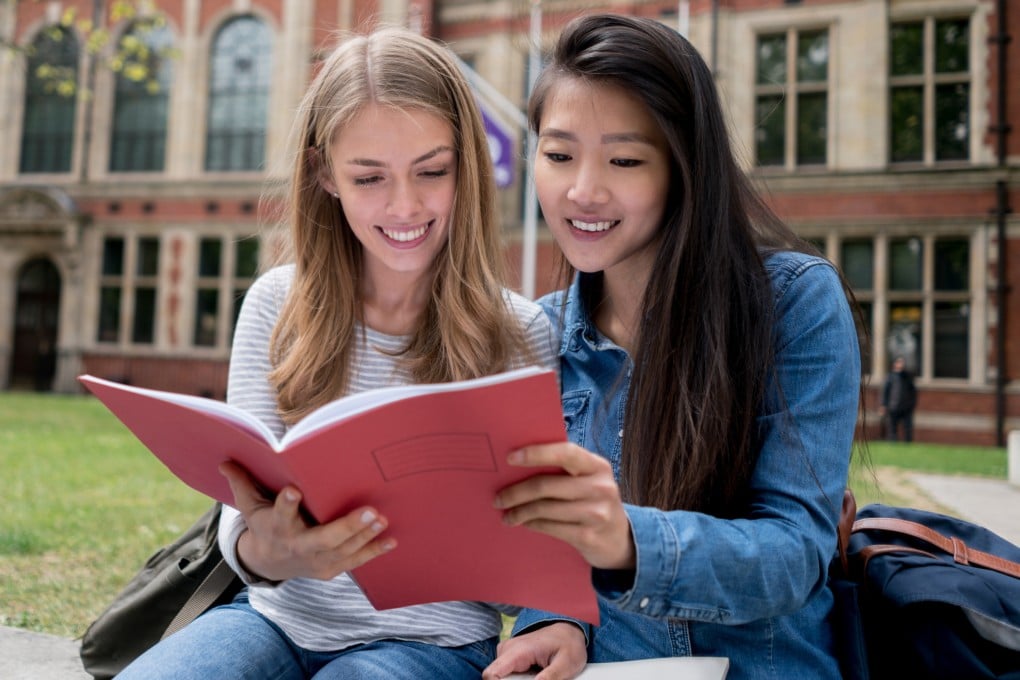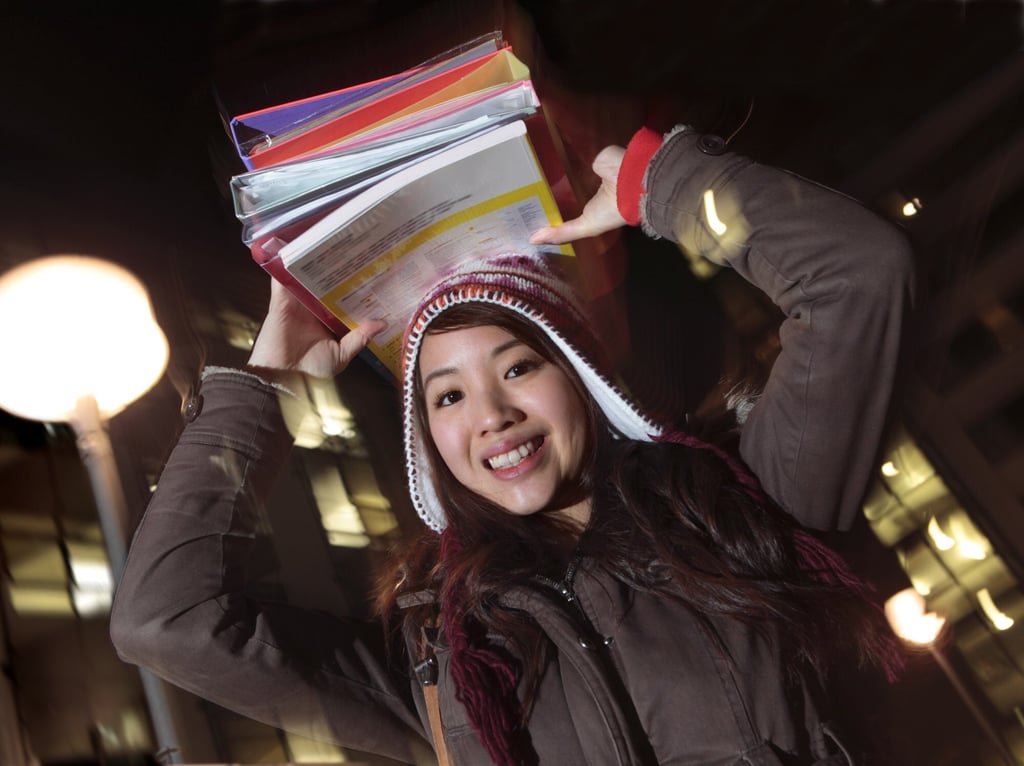China’s wealthy still value Western education, but most feel their children’s future lies in China, survey reveals
- The survey covered 600 individuals whose family wealth was at least US$1.57 million and planned to send their children to study abroad
- Parents want their children to return for China’s better economic prospects, better environment for entrepreneurship, and for closer family ties

China’s wealthy continue to show trust in Western education in the post-pandemic era, but more expect their children to return on completion of overseas study, according to a new report on international education.
While wealthy Chinese families value a Western education for qualities such as “independent thinking”, they see a brighter future for their children in their home country, the White Paper on 2021 International Education in China that was released on Tuesday suggested.
The report, jointly released by Hurun Research Institute and Beanstalk Education Group, was based on a survey of 600 Chinese individuals whose family wealth was at least 10 million yuan (US$1.57 million) and who planned to send their children to study abroad or themselves had studied abroad.
About 60 per cent of those who have studied abroad themselves said they were “satisfied” with their experience, and one third said they were “very satisfied”, it showed.
From an international education, they surveyed parents who want their children to “think independently”, “shoulder responsibilities” and “solve problems”, which they can hardly find in a domestic education system that has long been focusing on academic achievements.
Rupert Hoogewerf, the founder of Hurun Report, said: “In a recent survey of ours on the happiness of Chinese high net worth individuals, respondents were happy with their family life, work, wealth and health, but relatively-speaking unhappy with their children’s education.”

And despite plans to send their children abroad, many parents want them to come back after their studies, mainly as China has “favourable conditions”, the report showed. These include overall economic prospects, a better environment for entrepreneurship, closer ties with family and Beijing’s preferential return-home policies.
